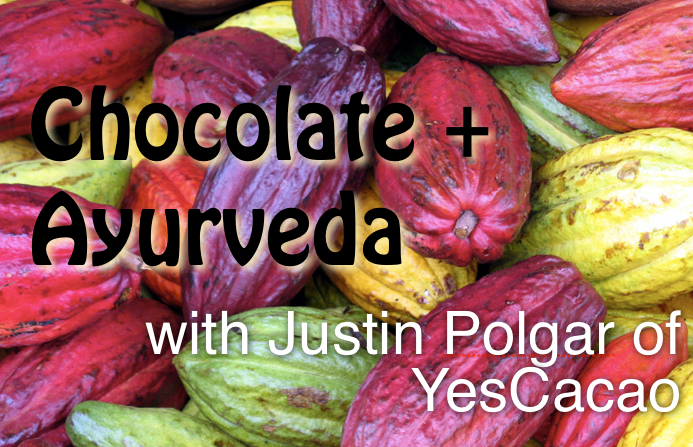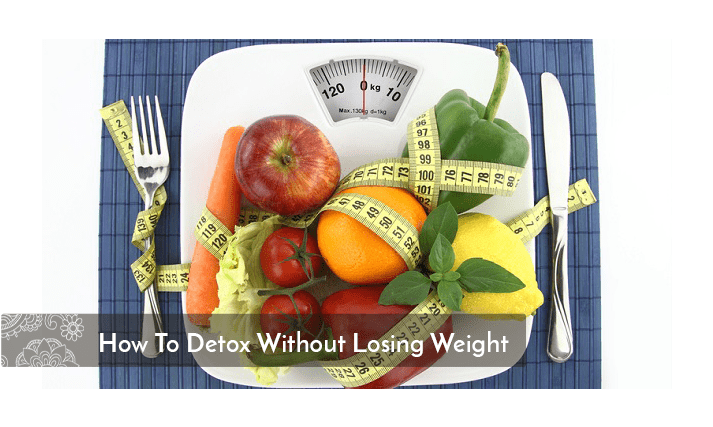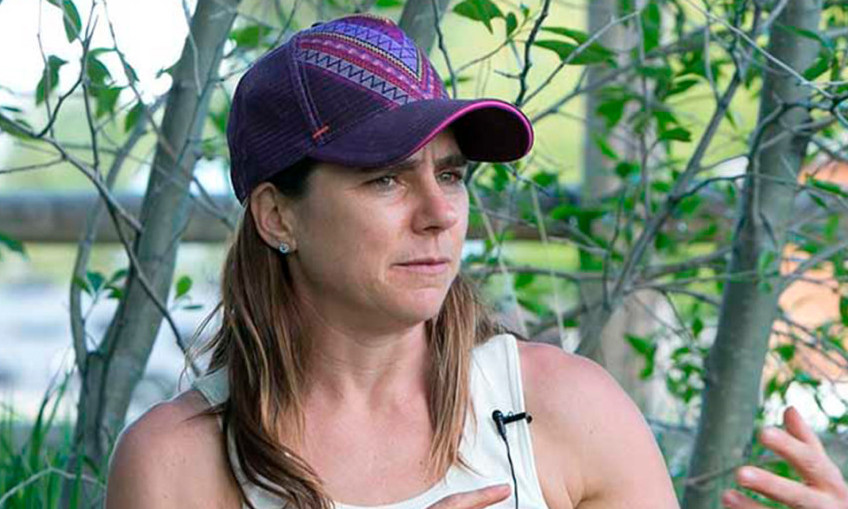Your yoga diet

 Your Yoga Diet and the path ahead
Your Yoga Diet and the path ahead
Your body is changing with your yoga practice. Some bodily changes come as a surprise…. such as your old “comfort foods” make you feel a little awful. If that is happening to you… that’s a great sign. Your body is becoming more intelligent… and more sensitive. What is catching to your eye and truly tasty to your tongue is also changing… evolving… becoming more intelligent.
Are Yogis Neurotic Eaters?
Today I received this inquiry from a client:
“I wonder if my passion for eating consciously, eating living and wild food, knowing more about living food & ayurveda – has not somehow turned into an eating disorder.”
I paused and thought… what a fantastically honest and endearing question. This was my response:
“About eating/ayurveda/disorder – from an ayurvedic perspective, gratitude for food is most important. Just having gratitude for food and our food body comes first, and creates a relationship of deep nourishment. Take time and pause before preparing food and eating. Most yogis have a hypersensitive relationship to food – they have the highest standards for what good food is and a very well developed understanding. most western therapists are less informed about the energetics of food – so their opinion is tricky to take into account. However, I tend to emphasize the gratitude and conscious relationship, without being that cognitively analytical.”
Here is the issue: you’re discovering and cleaning up your subtle body anatomy. Your body is starting to store prana in the fabric of your tissue. You are becoming more energetically transparent to consciousness. This is an ever evolving process, with bumps, hurdles, plateaus and peak experiences.
What Yoga Teachers Don’t Tell Yoga Students about Diet
My jaw dropped and I was quite fascinated (& pissed) when I was informed by the Anusara Yoga Curriculum Committee that they were alotting an hour of Ayurvedic training in 100 hour Anusara Yoga Immersion programs… and about the same for their Yoga Teacher Training programs. This is typical of modern hatha yoga schools, and creates unaddressed problems for yoga teachers and students.
When you become a serious yoga student you are seriously shifting your physiology… both energetically and physically. As your channels, or srotas open and carry more oxygen, prana, and consciousness you experience more wakefulness, sensitivity, alertness, and aliveness. When you eat foods that were typical in your Standard American Diet… you suffer either with digestive issues or emotional issues of food remorse. It’s mostly avoidable. I teach yoga teachers how to teach their students about adapting their diet with their increasing appetite for yoga and meditation. Their yoga students learn they are not alone in needing to change their diet and how they eat, not only for their constitution, but more for their awakening subtle physiology.
Sensitive or Neurotic?
As your subtle physiology awakens, your become more sensitive. Literally, your 5 senses get clean and clear and you can know the inner and outer world more accurately. Does that make you neurotic? No. Neurosis is characterized by hysteria, anxiety, depression, or obsessive behavior. So you can no longer enjoy or feel nourished by meat, wheat, dairy, cooked food, white sugar, white flour, grains, caffeine, alcohol, hot sauce, or the like. To most people eating the Standard American Diet you are now obsessive about your food. And yet….
Obvious to you, the awakened yogi you are no longer attracted to putting non-nourishing substances in through your 4 sense organs… let alone into your mouth. You don’t want junk or gunk in your body ecology. This sensitivity was hard won on your mat… why fight the larger momentum of your health evolution? But, to your spouse, parent, or friend… you do appear neurotic. If you can minimize that through not making your food choices public, that might help. Just knowing that this is part of the yoga package can help all of you understand what is going on.

The Sattvic Diet
The yogis of yore termed the dietary evolution on the yoga path the journey to the sattvic diet. Sattva is an old school yogi term from the old school yogi texts, including The Yoga Sutras. Classically, sattva is an explanation of the peace-inducing and lightening qualities that arise with yoga and meditation. In Tantra, it’s the balance that comes from the deepening pulsation of becoming more grounded and more expansive simultaneously.
The traditional Ayurvedic Sattvic diet is big on basmati rice, ghee, almonds, sweet fruits, mung dhal, turmeric, ginger, lemons, and a few other choice victuals. The living foods sattvic diet is more expansive in the fruit and vegetable kingdom yet adds an additional prerequisite that the nutrients be living, either raw, dehydrated or fermented.
In my experience moving towards a sattvic diet is a process and an ever evolving process, with bumps, hurdles, plateaus and peak experiences.
What Yoga Students and Yoga Teachers Eat
From the interviews I’ve done so far with John Friend, Richard Freeman, Desiree Rumbaugh, Sianna Sherman, Elena Brower, & Christina Sell most describe a sattvic diet. For all it’s been a path, full of bumps, hurdles, plateaus and peak experiences. Some have grativated more towards cooked foods, others more towards living foods. No one mentioned having a diet heavy in processed foods, meat, refined sugars, refined grains, caffeine or alcohol.
In conclusion, dear yoga students, know this: your diet will change as your appetite for yoga and meditation increases. Your diet will become more intelligent, more living and more local. This is normal, and is bound do wreak a little havoc when you eat with your relatives and old friends. Knowing this ahead of time can help you navigate this skillfully. And if you’re really interested in why and how all this works, study Ayurveda.



















Comments
No comments yet, be the first to comment